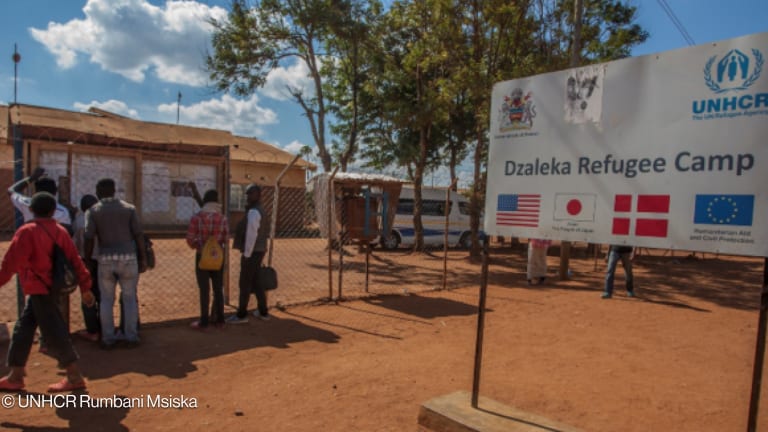
The aid industry may have undermined, instead of spurred, development in Somalia, Rasna Warah suggests, referencing a book writer by a former Peace Corps volunteer who worked in the country in the 1980s.
The aid industry in Somalia has become self serving and thrived on the country’s chaos and misery, Michael Marren wrote in his 1997 book “The Road to Hell.” Marren explained that aid work damaged, and not boosted, development in the country by providing relief supplies that killed local industries and damaged the country’s economy. Aid and relief supplies were also routinely diverted by merchants, warlords and government officials, Marren added according to Warah.
“Marren states in his book that about two-thirds of the food aid was stolen from ships at the docks or after it had been transported to the refugee camps. He witnessed military vehicles leaving camps loaded with bags of food,” Warah writes.
She notes that aid diversion remains a big issue in the country to this date. A leaked U.N. report showed that approximately half of the USD485 million that the World Food Program provided to Somalia in 2009 went to rebels, corrupt contractors and even some U.N. officials. A report by BBC, meanwhile, claimed that 90 percent of money raised during the famous 1985 Live Aid concert for the country was siphoned off by rebels.
Marren also described how food aid has eroded Somalia’s economy, Warah notes. He said the surplus of food shipped to Somalia hurt local businesses, removed incentives for agricultural production and as a result exacerbated the country’s food deficit.
This argument of food aid adversely affecting local businesses has long been the topic of debate.
Somalia will celebrate its 50th independence this week. Warah joins several others in asking “Is there anything worth celebrating?” given the current political and social situation of the country.








